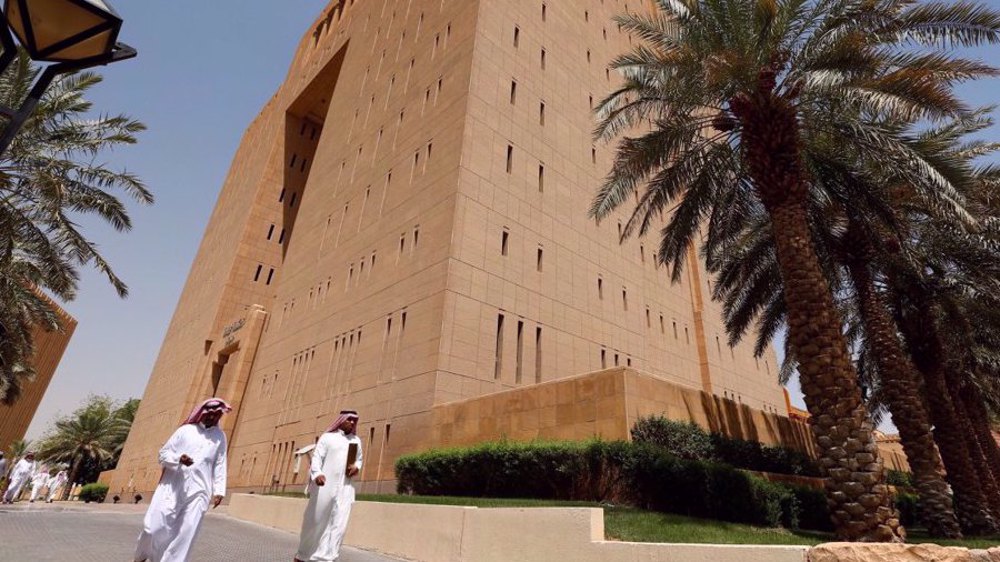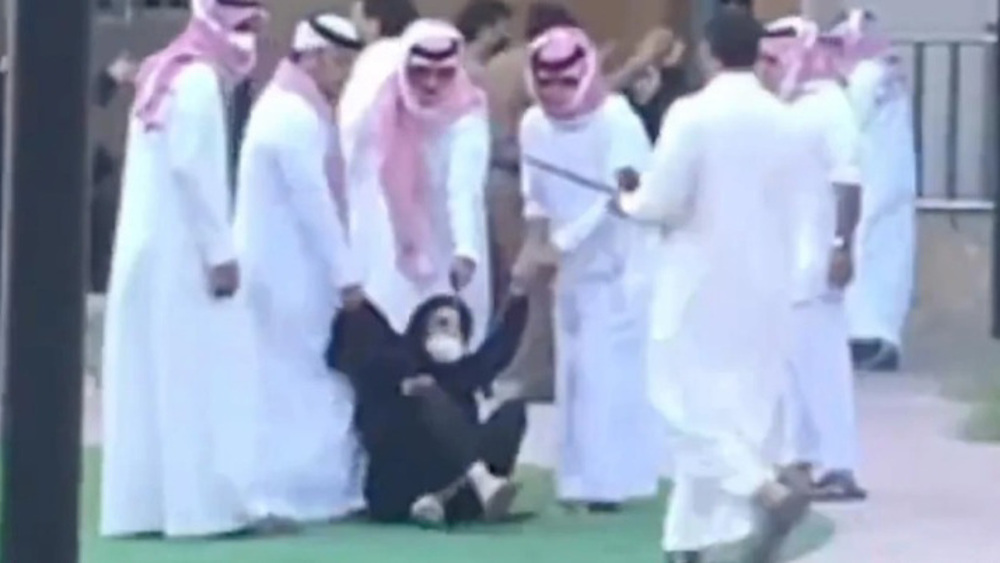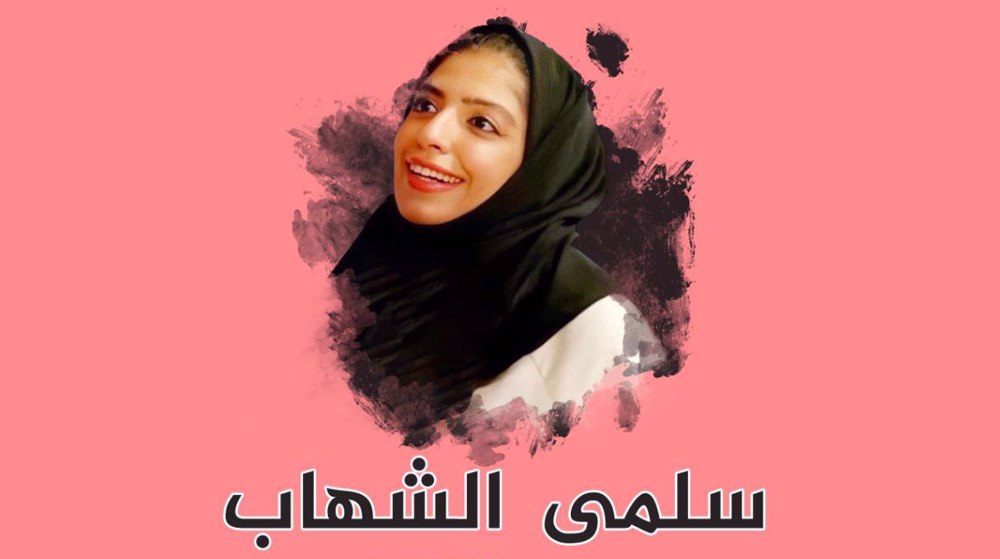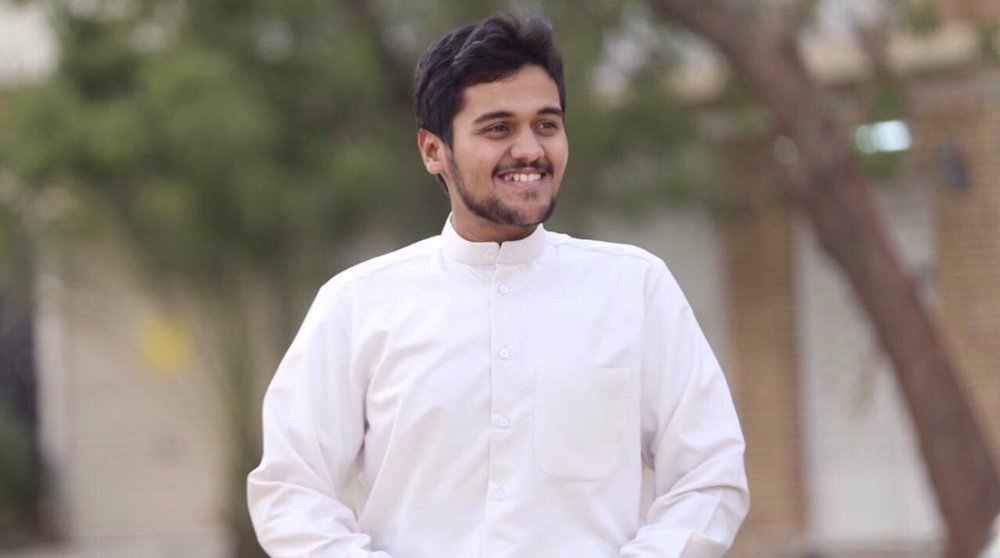
Madawi al-Rasheed denounced Saudi officials over sentencing Nourah al-Qahtani to 45 years in prison for posts on social media, while jailing another Saudi woman, Salma al-Shehab, for 34 years. The latter was given a further 34-year travel ban for following and retweeting activists on Twitter as well.
She described the verdicts issued against the two women as unfair and cruel.
Rasheed said that the rulings expose the brutality and savagery of the House of Saud, which wants to show anyone opposing the Riyadh regime that a fate similar to that of the two activists awaits them.
She said that the Saudi crown prince and its security forces prosecute and punish opponents and critics abroad, noting that “the Saudi government is using social media to target, harass and threaten many Saudi activists and critics.”
“The passing of these lengthy sentences dispelled the entire Saudi propaganda regarding the handling of human rights cases. Bin Salman believes that such rulings show his independence. He does not care about world public opinion at all. He is an intractable person who can do whatever he wants with the Saudi society irrespective of international criticism and outcry,” Rasheed pointed out.
However, such long prison sentences illustrate the “weakness of the Al Saud regime,” and show the fact that it is both “afraid of dissident’s comments and their retweeting. The judiciary of Saudi Arabia has reached the stage of degeneration, and it is now a plaything in the hands of Al Saud.”
“The Al Saud regime wants to show that no activist or critic is safe, and that it can control and silence them through spy tools,” Rasheed pointed out.
Separately, Abdullah Alaoudh, irector of Research for the Persian Gulf Region at the Democracy for the Arab World Now (DAWN), said the verdicts issued against Nourah al-Qahtani and Salma al-Shehab show that Saudi authorities do not accept the slightest criticism.
Alaoudh emphasized that Saudi authorities make use of arbitrary laws to target and punish Saudi citizens for criticizing the government.
“The Saudi crown prince would not have dared order the practice of such repressive measures in case a close supervision and monitoring on the part of the United States and other Western states were in effect,” he said, demanding the immediate release of Qahtani and Shehab.
The Saudi Specialized Criminal Court on Tuesday sentenced Nourah al-Qahtani to 45 years in prison for her social media posts, marking the second such case in weeks.
She received the heavy sentence on appeal after she was convicted of “using the internet to tear the (country's) social fabric” and “violating public order” via social media, DAWN said.
The Washington-based group added that she was convicted under the kingdom's so-called Counter-Terrorism and Anti-Cyber Crime Law, and shared a copy of the court document.
It came less than a month after Saudi officials sentenced women's rights activist Salma al-Shehab to 34 years in prison.
The United Nations Human Rights Council said in a statement that the jail term handed down to Shehab, a mother of two young children and a doctoral student at the United Kingdom’s Leeds University, is the longest sentence ever given to a women's rights defender in Saudi Arabia.
The UN rights council noted that Saudi authorities have taken advantage of the return to the international fold following the savage killing of Jamal Khashoggi inside the kingdom’s consulate in Istanbul on October 2, 2018 to deepen crackdown on political opponents.
Shehab was initially sentenced to six years in prison for using an internet website to “cause public unrest and destabilize civil and national security,” the UN human Rights Council said, but after a public prosecutor asked for other alleged crimes to be taken into consideration, an appeals court recently increased the sentence to 34 years along with a 34-year travel ban.
She was on holiday in Saudi Arabia in January 2021 and had planned to return to the United Kingdom when she was detained, according to the Freedom Initiative, a Washington-based human rights organization.
Ever since Crown Prince Mohammed bin Salman became the country's de facto leader in 2017, the kingdom has arrested hundreds of activists, bloggers, intellectuals and others for their political activism, showing almost zero tolerance for dissent even in the face of international condemnation of the crackdown.
Muslim scholars have been executed and women’s rights campaigners have been put behind bars and tortured as freedom of expression, association, and belief continue to be denied by the kingdom's authorities.
Over the past years, Riyadh has also redefined its anti-terrorism laws to target activism.





No comments:
Post a Comment